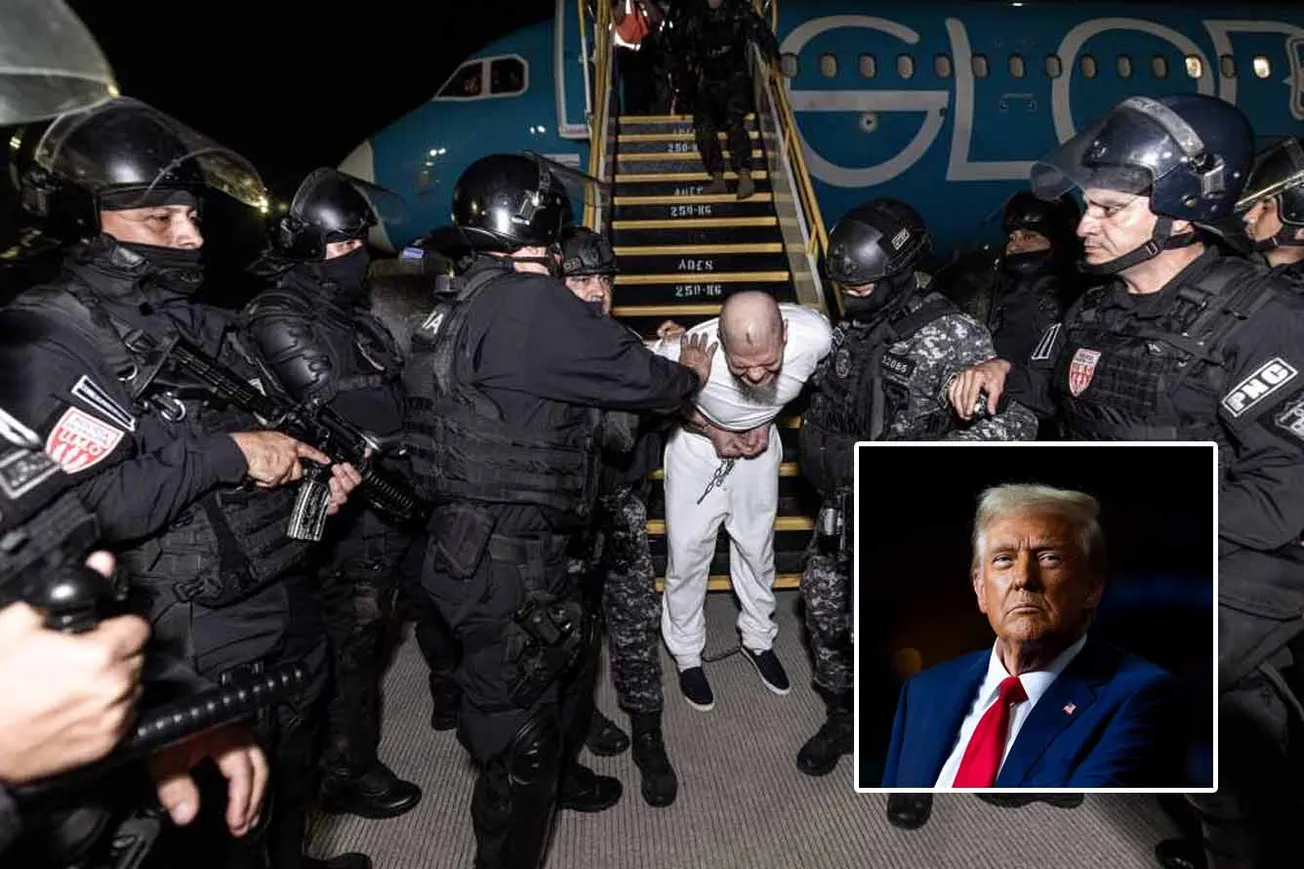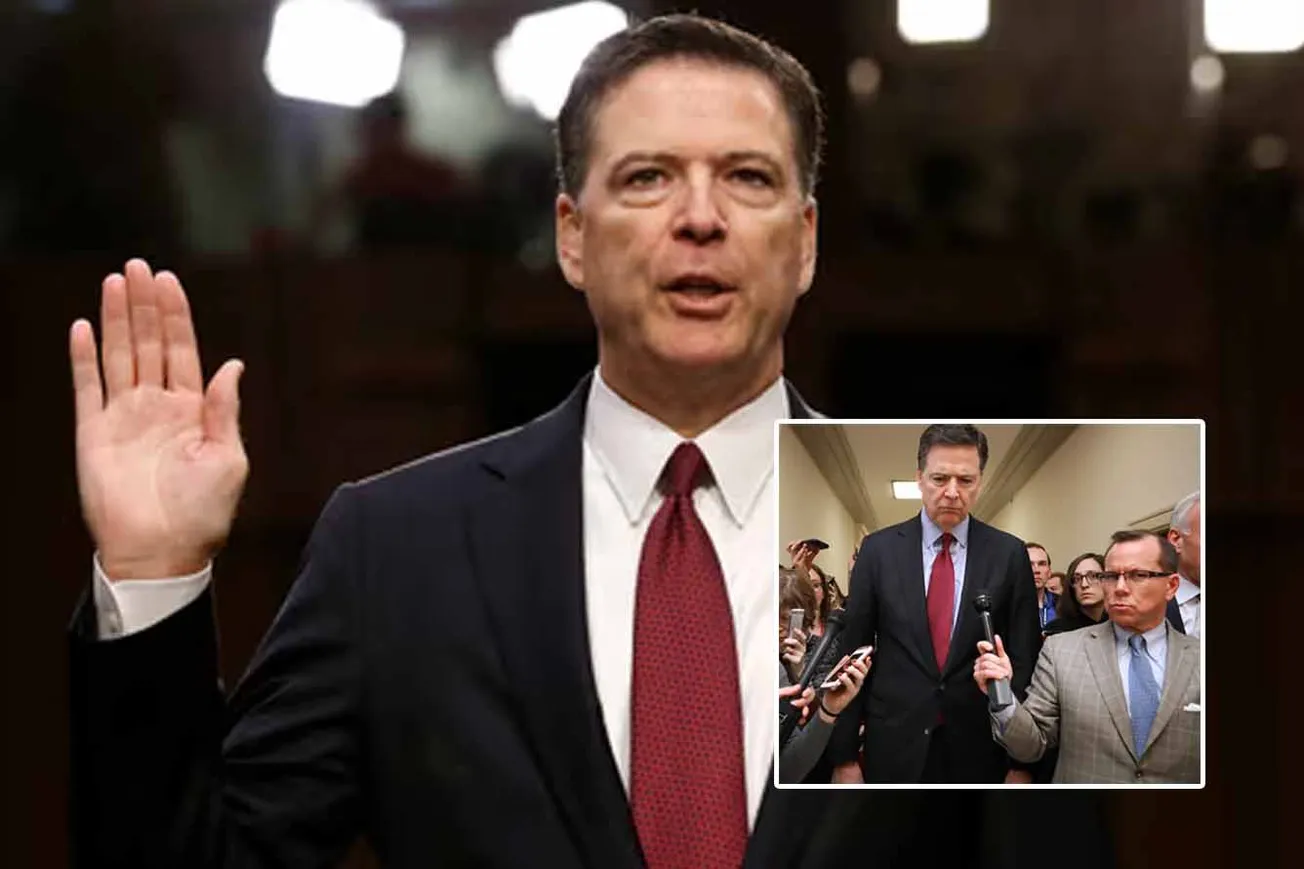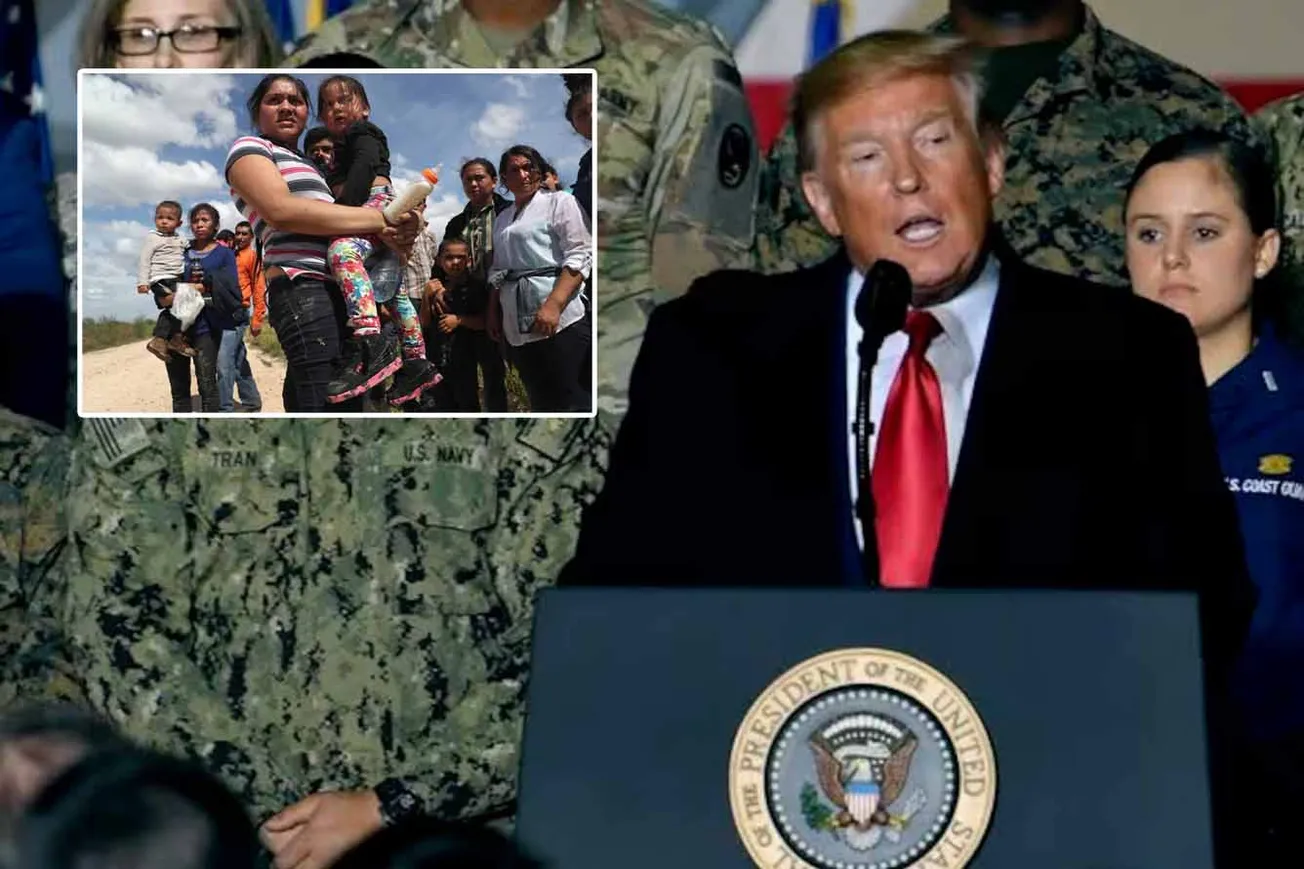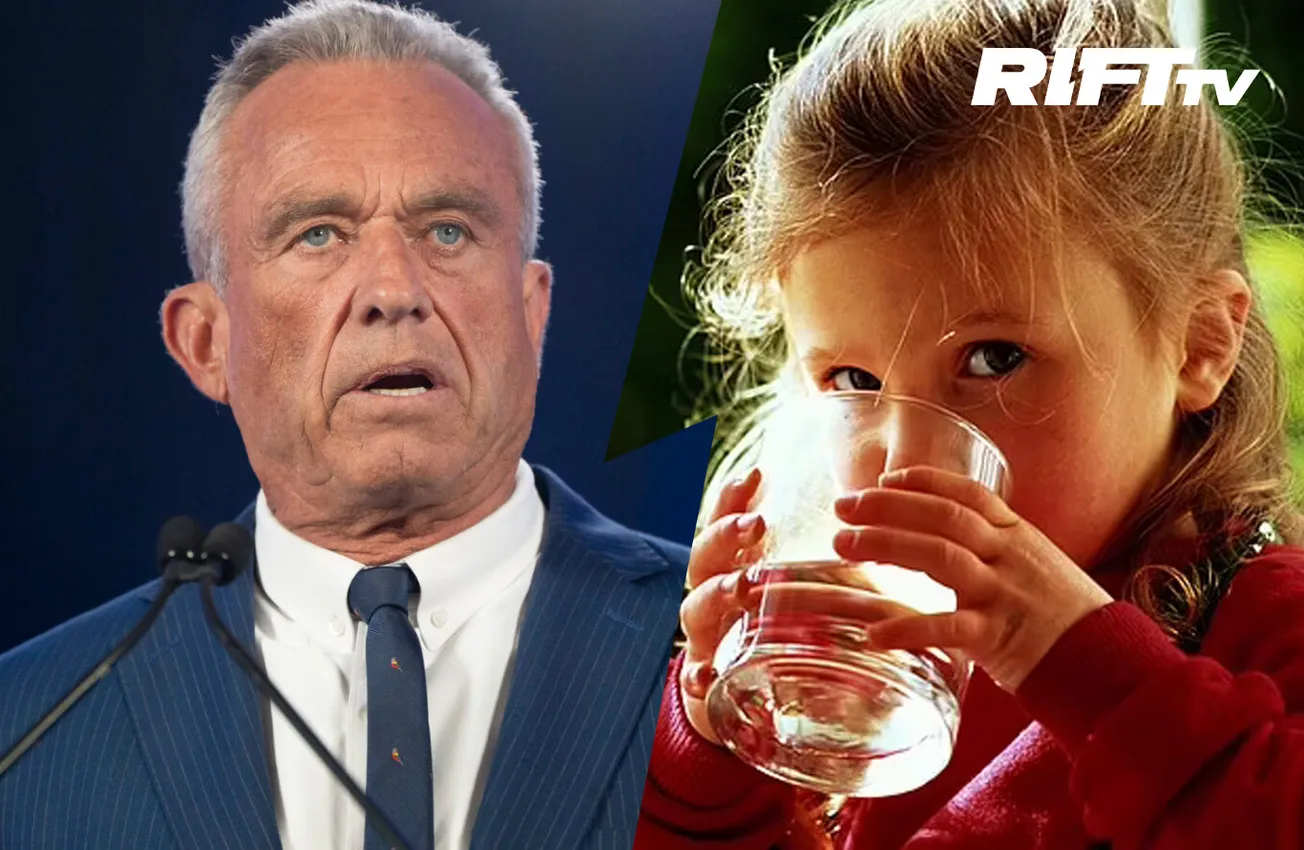The U.S. Supreme Court on Friday temporarily blocked the Trump administration from deporting suspected Venezuelan gang members under the Alien Enemies Act of 1798, ruling that the government failed to provide adequate notice or resources for the detainees to challenge their removals.
In an unsigned opinion, the court stated, "Notice roughly 24 hours before removal, devoid of information about how to exercise due process rights to contest that removal, surely does not pass muster."
The decision follows a similar April 19 ruling that also paused rapid deportations under the same law, which the Trump administration invoked earlier this year to target migrants detained in Texas.

The court clarified it was not ruling on the legality of the deportations themselves but on the procedural requirements, noting the government could still pursue removals under other legal authorities that require proper notice and hearings.
Justices Samuel Alito and Clarence Thomas dissented, with Alito arguing the court lacked jurisdiction and that granting an injunction before lower court rulings was "unwarranted."
He criticized the majority for potentially overstepping by addressing issues beyond interim relief, calling the move "doubly extraordinary."
"From the Court’s order, it is not entirely clear whether the Court has silently decided issues that go beyond the question of interim relief. (I certainly hope that it has not.),” Alito wrote. "But if it has done so, today’s order is doubly extraordinary.
"Granting certiorari before a court of appeals has entered a judgment is a sharp departure from usual practice, but here neither the Court of Appeals nor the District Court has decided any merits questions."

Justice Brett Kavanaugh concurred with the majority, emphasizing the injunction ensures judicial review before deportations occur, but urged swift resolution by the court rather than remanding to lower courts.
“The circumstances call for a prompt and final resolution, which likely can be provided only by this Court," Kavanaugh warned. “At this juncture, I would prefer not to remand to the lower courts and further put off this Court’s final resolution of the critical legal issues.
"Rather, consistent with the Executive Branch’s request for expedition—and as the detainees themselves urge—I would grant certiorari, order prompt briefing, hold oral argument soon thereafter, and then resolve the legal issues."

The case now returns to the Fifth Circuit Court of Appeals to determine the required notice period for detainees facing removal under the Alien Enemies Act.
And there you have it, folks—a Supreme Court more concerned with coddling suspected gang members than backing a president trying to keep America safe.
This is what happens when activist judges put procedure over people.












Conversation